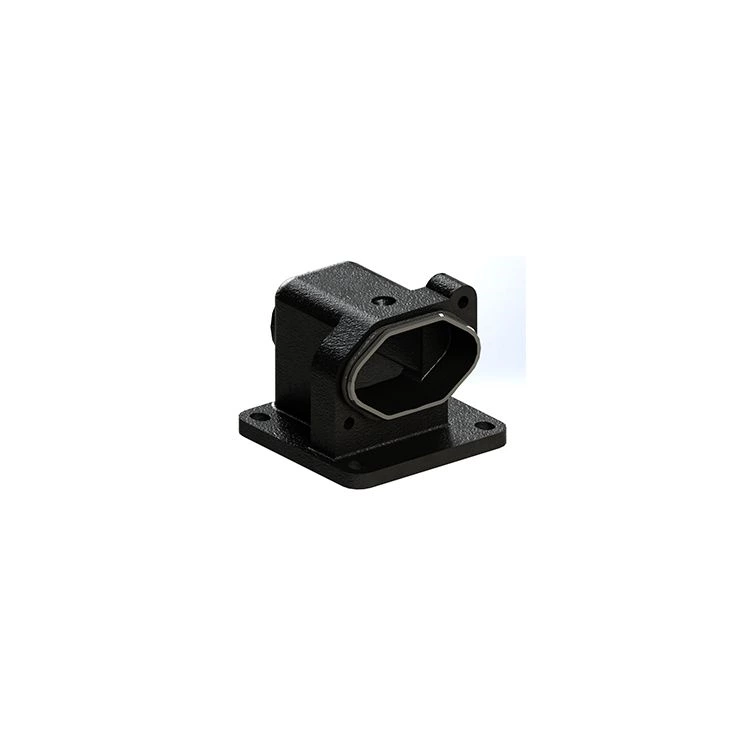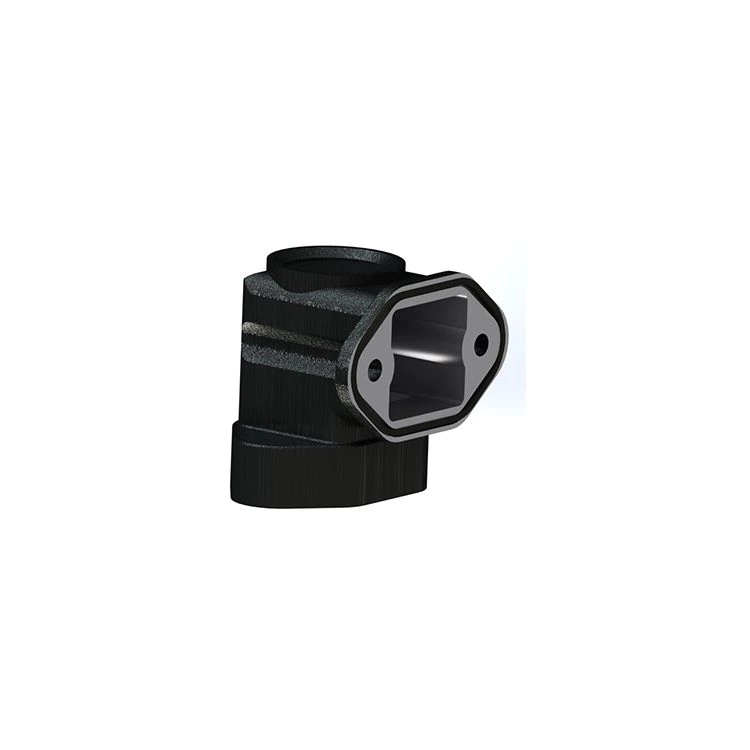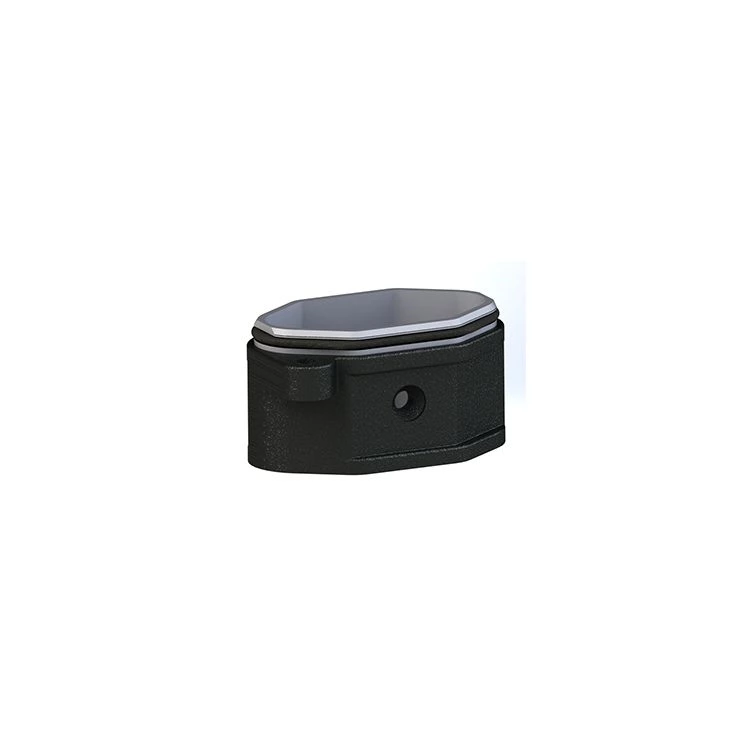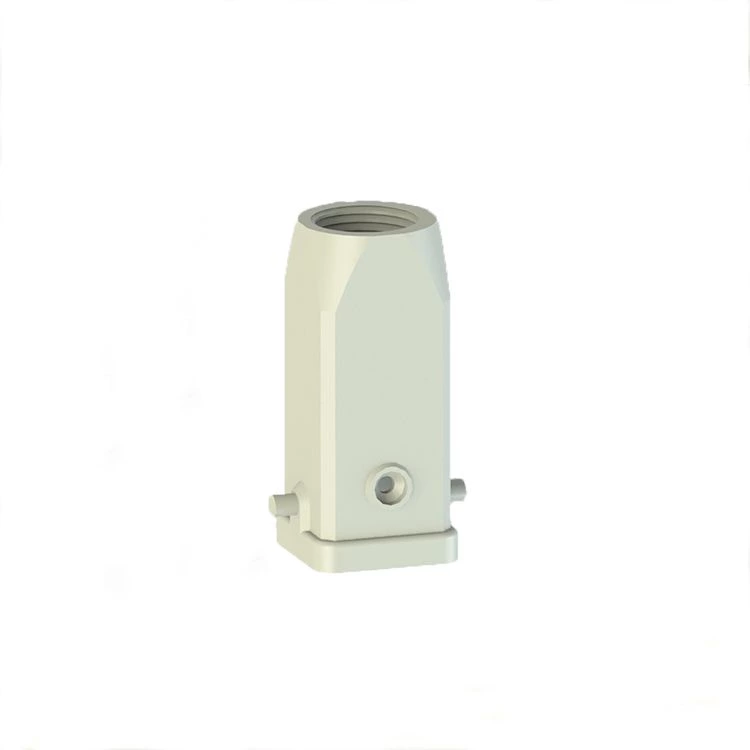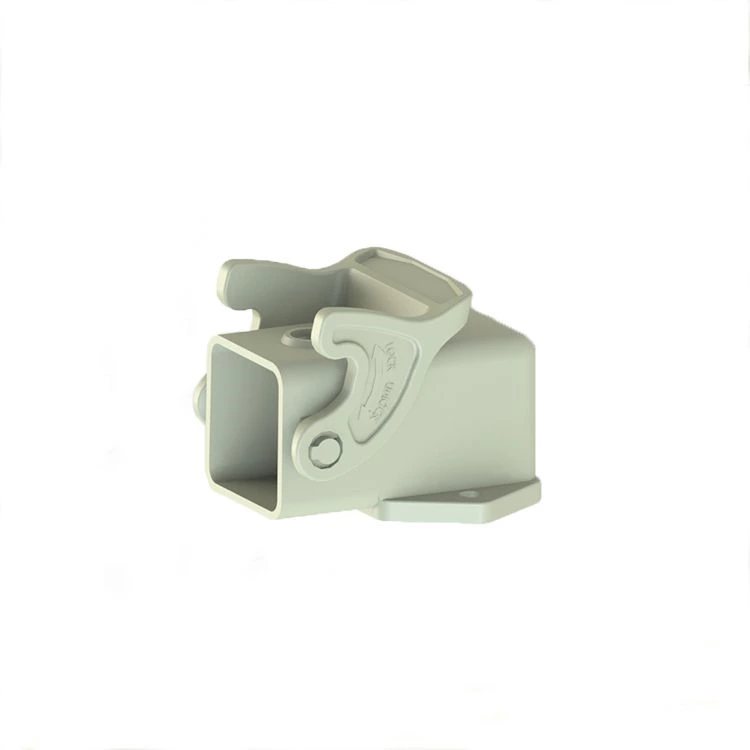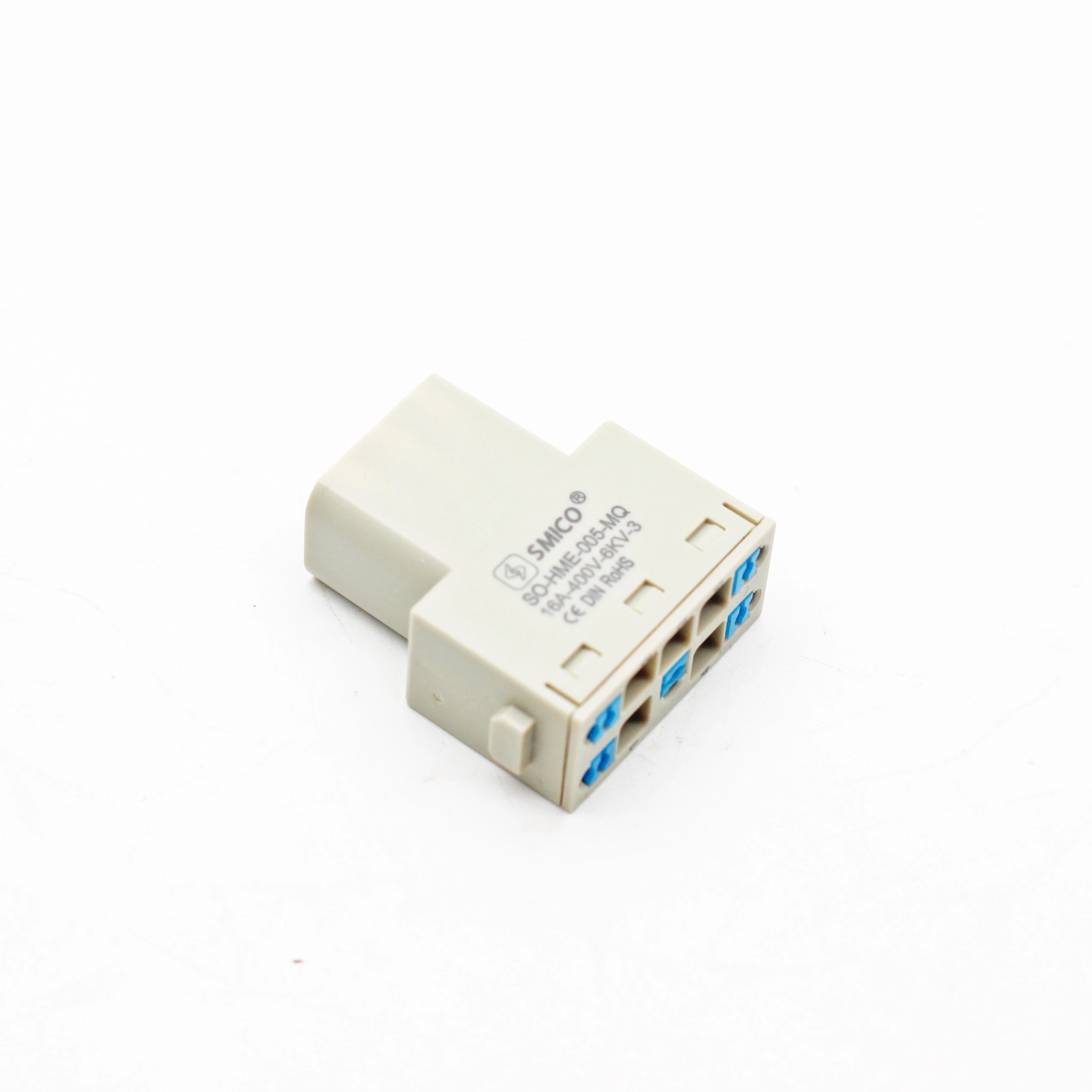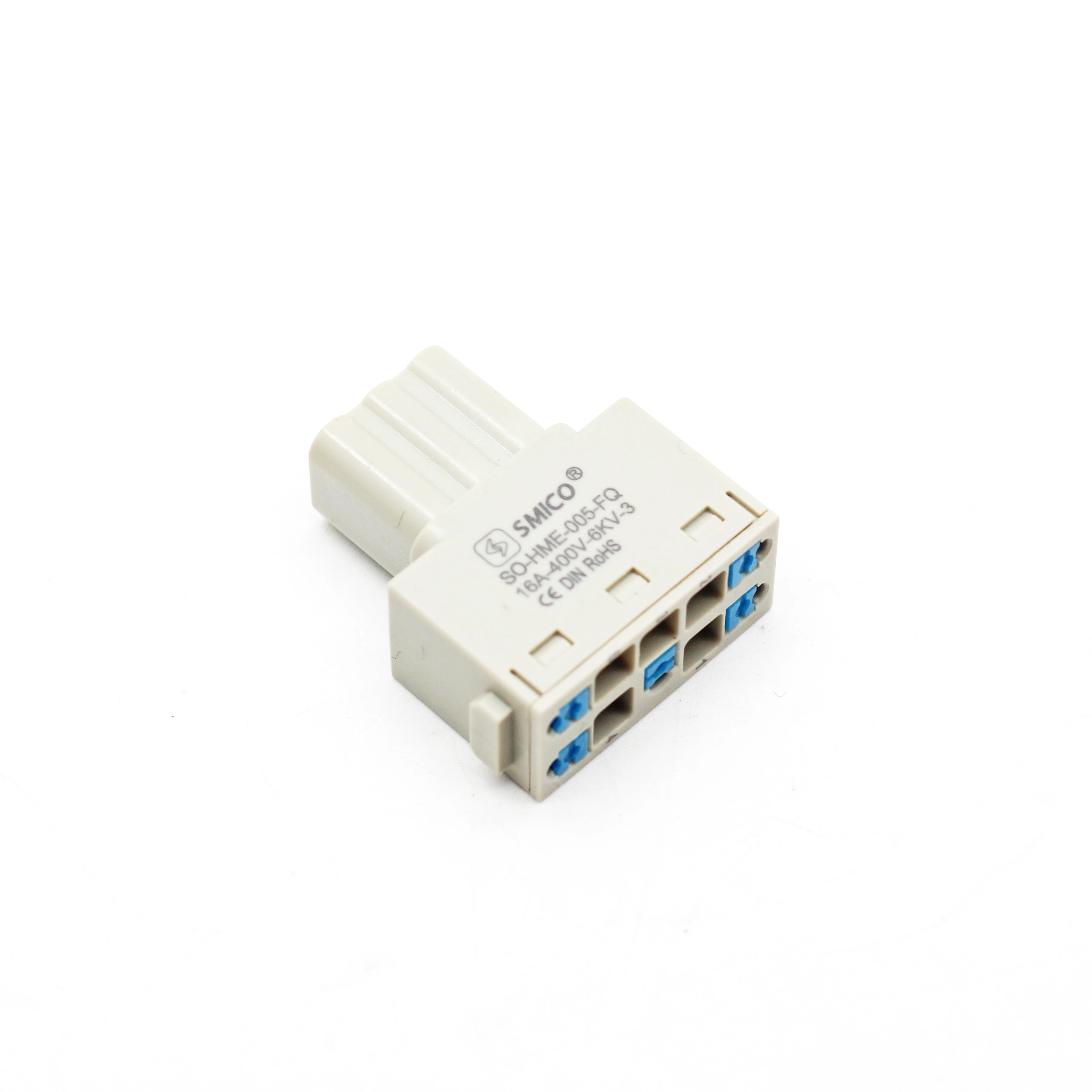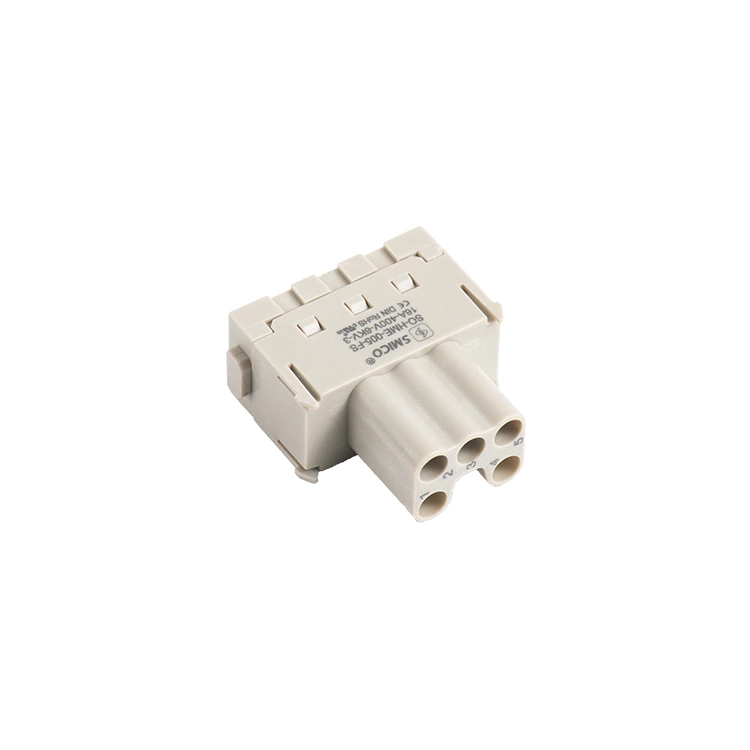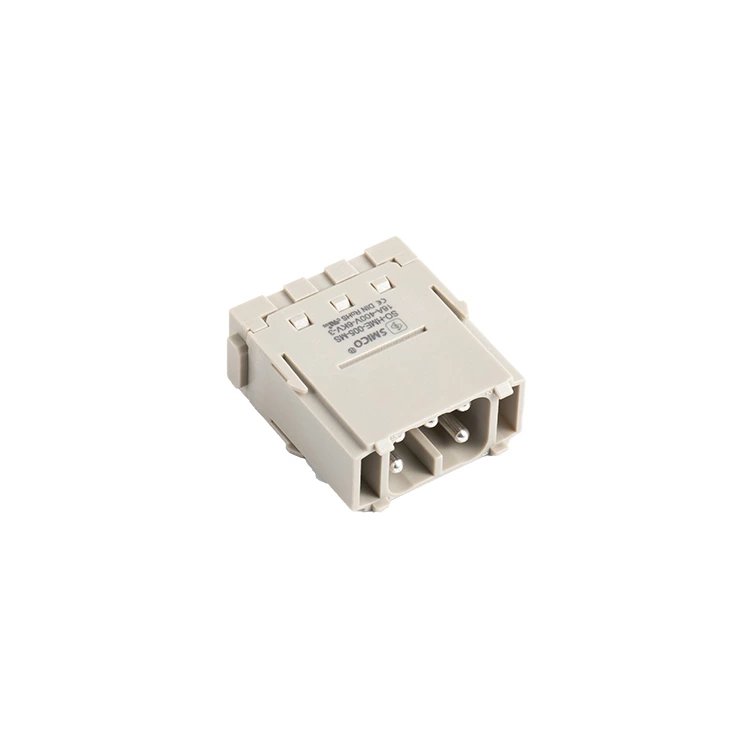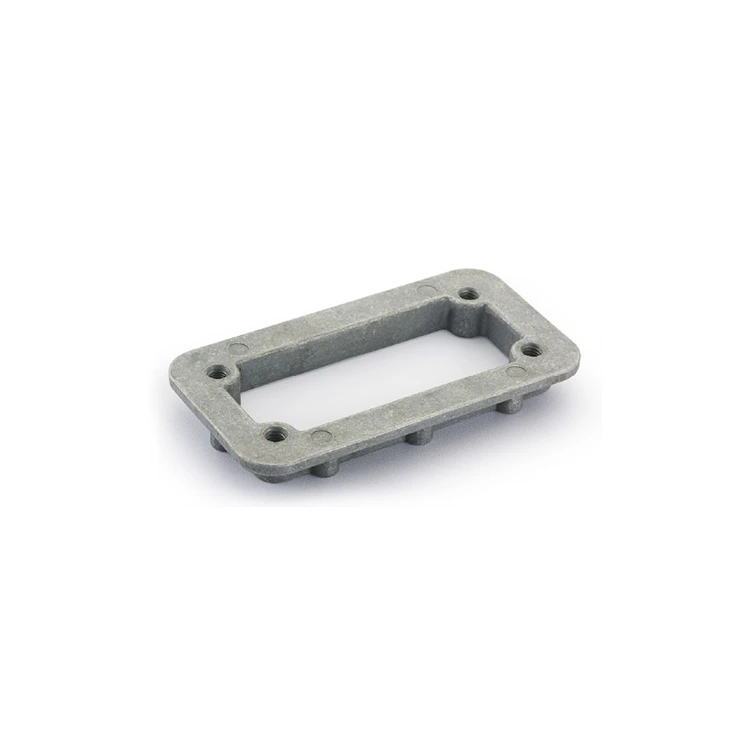Exploring Heavy Duty Connectors In Electrical Engineering: Design And Application
In modern electrical engineering, Heavy Duty Connector plays a vital role. They are not just an enhanced version of traditional connectors, but also a high-load and high-performance solution designed for specific applications. This article will explore the design principles, application scenarios and importance of heavy-duty connectors in circuit design.
Design principles and characteristics
Heavy-duty connectors are designed to carry higher current and data transmission capabilities than traditional connectors. To achieve this goal, they usually have the following key features:
Enhanced conductivity: Heavy-duty connectors use larger conductive cross-sectional areas and higher-quality conductive materials to reduce resistance and reduce energy loss. This enables them to maintain stable current transmission capabilities under high loads.
High temperature resistance: In order to maintain reliability under high load conditions, heavy-duty connectors usually have higher temperature ratings. This allows them to operate for a long time in high temperature environments without damage or performance degradation.
Structural reinforcement: Compared with traditional connectors, heavy-duty connectors have a more rugged and durable structure. This design not only prevents physical damage during use, but also provides long-term stable mechanical support.
Application Scenarios and Practical Applications
Heavy-duty connectors are widely used in multiple electrical and electronic engineering fields:
Industrial Automation: In industrial equipment and robotic systems, where large amounts of current and data transmission need to be handled, heavy-duty connectors provide reliable interface and connection solutions.
Energy Industry: In power transmission and distribution systems, heavy-duty connectors are able to carry high currents to ensure the efficiency and safety of power transmission.
Information Technology: In data centers and communication facilities, equipment and networks that need to support high-speed data transmission often use heavy-duty connectors to ensure network stability and data integrity.
Future Development of Heavy-Duty Connectors
With the continuous increase in electrical equipment and data requirements, heavy-duty connectors will continue to play an important role in the future. Future development directions may include higher data transmission rates, smaller sizes, and more environmentally friendly material selections to meet the needs of increasingly complex and energy-efficient electronic devices.
